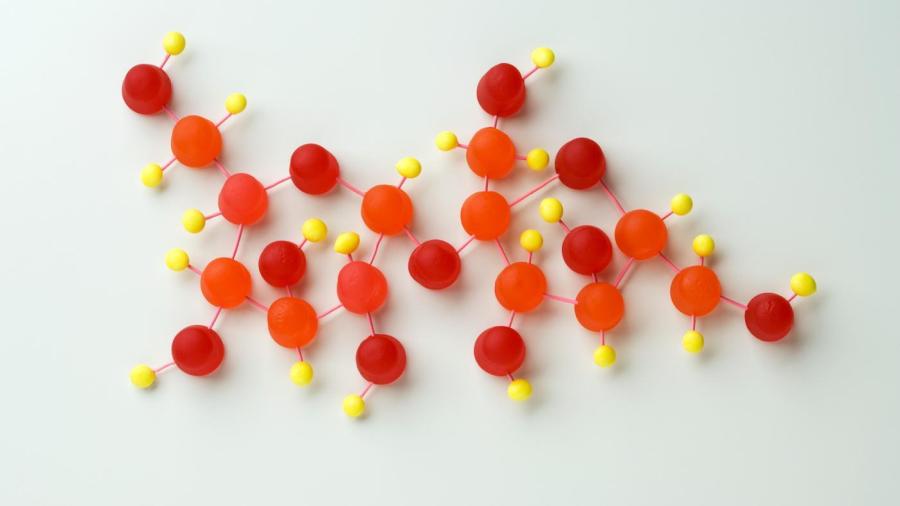What Is the Function of Sugar?

Sugar is an important source of energy to the human body. It is a carbohydrate, which is the most essential fuel for the brain, and it provides the body with the energy needed for various other organs to function. Sucrose, or table sugar, is the main source of sugar in most parts of the world.
For a human body to function correctly, it needs carbohydrates, protein, fat, water, minerals and vitamins. Similar to other forms of carbohydrates, such as starch, sugar contains 4 kilocalories per gram. Comparatively, 1 gram of protein has 4 kilocalories, 1 gram of fat has 9 kilocalories and 1 gram of alcohol has 7 kilocalories. Sugar exists in nature, such as plant sugar, which is a product of photosynthesis. Sucrose, the most common type of sugar, is extracted from beet or cane by sugar manufacturers.
Fructose, glucose, lactose and sucrose are the four types of sugar. Fructose, glucose and sucrose are found in honey, vegetables and fruits. Lactose is found in milk and milk products. Sources of sugar include: row carrot, apple, banana, cherry, grape, orange, dried apricot and honey. Sugar has a natural, sweet taste when added to food. It also provides bulk and texture to various traditional foods, such as bakery products and jam. Sugar is central to the browning process that makes bread and pastries have a pleasant golden color and flavor.





